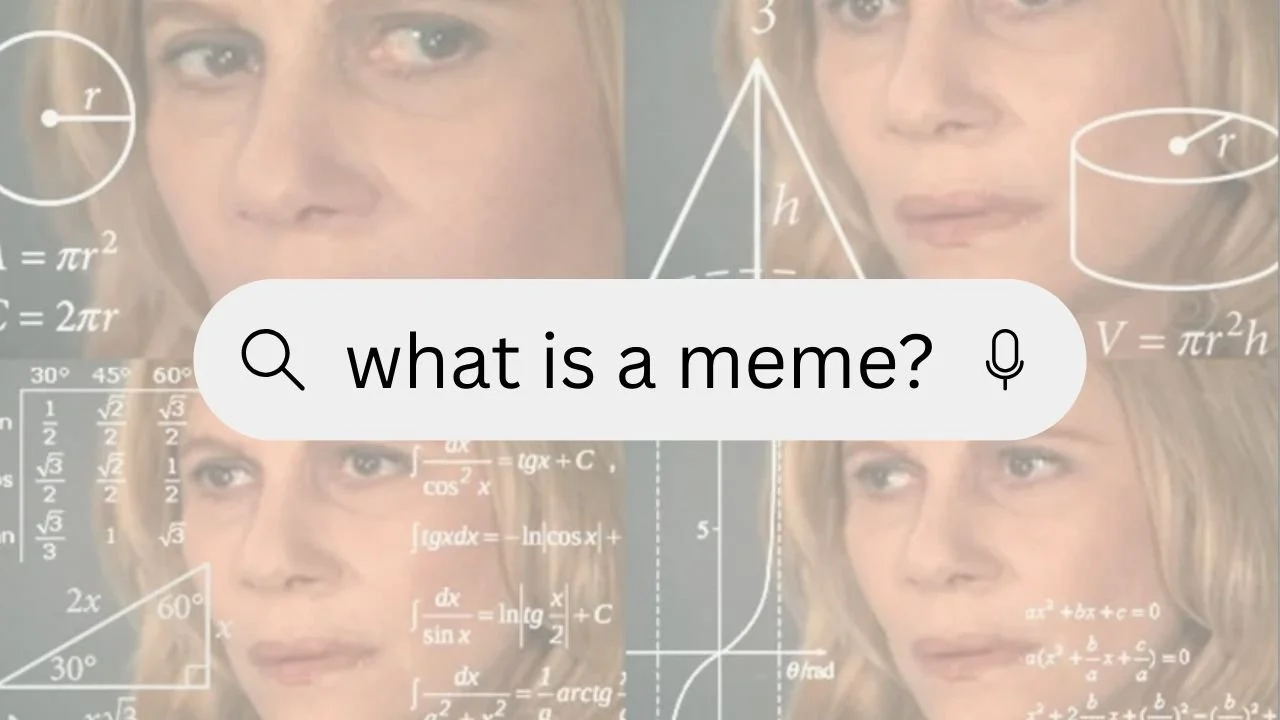Picturing Democracy
Picturing Democracy is a series of programs designed to encourage critical thinking about the role of imagery in American democracy.
As Project Director for Picturing Democracy, I developed and led a public humanities initiative that invited communities across South Carolina to examine the power of imagery in American democracy. The series featured three public programs and three media literacy workshops for high school students.
I created the project concept from the ground up—shaping discussion topics, curating speakers, managing event promotion, and coordinating a strategic partnership with the College of Charleston’s School of Humanities and Social Sciences. Through this partnership, we accessed beautiful venues at no cost and offered extra credit opportunities to university students who attended.
My goal was to spark conversations that felt both timely and timeless. The project brought together journalists, scholars, students, and everyday citizens to explore how imagery shapes our understanding of truth, identity, and democracy.
From analyzing meme culture to debating the future of journalism, Picturing Democracy opened space for people to critically engage with media in a rapidly shifting digital world. One of my favorite moments was hearing students ask sharp, thoughtful questions—proof that these conversations matter far beyond the headlines.
Media Literacy Workshop
Our opening event introduced the concept of media literacy—how we access, analyze, evaluate, and create media—with a focus on truth, manipulation, and the digital landscape. Modeled after our high school workshops, this free, public session encouraged attendees to reflect on their own media habits in an era of disinformation.
The Future of Photojournalism
Moderated by Tara Mortensen, this panel featured photojournalists Kyser Lough, Sean Rayford, and civil rights photographer Cecil Williams. Together, they explored how the field is changing: What happens when staff photographers are replaced by freelancers? What are the ethical and civic implications of the de-professionalization of journalism?
The Influence of Meme Culture
In our final event, Christian Senger moderated a conversation with Ryan Milner, Kristen Kornbluth, and Emory Parker about how memes influence public discourse. The panel unpacked questions like: What are memes, really? How do they spread misinformation? And how might journalists engage with meme culture responsibly?
Press play below to hear Ryan Milner, author of The World Made Meme: Public Conversations and Participatory Media, break down the origins of meme culture—and how these tiny images carry big cultural weight.
